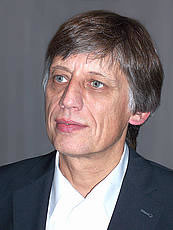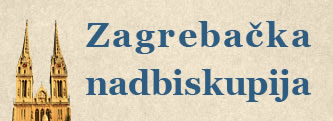
Prof. Dr. Hans-Georg Ziebertz, Leader of the program “Religion and Human Rights”
How can we create a culture of “living together in the world” which guarantees peace, freedom and justice for everyone? How can we make sure that the very basic value of human dignity is respected by states, institutions and people? It is obvious that in a multi-cultural, multiethnical and multi-religious world such a culture cannot be guaranteed by a specific world view or a particular ideology. Therefore most of the countries in the world agreed to understand human rights as an expression and elaboration of the very basic value of human dignity. Human rights shall function as a general agreement ensuring a save world and offering the foundation of a civilization of peace, freedom and justice.
At the same time, we are aware that in our contemporary world manyhuman rights are under pressure. Media reports of restrictions on the right to protest, the active and passive right to vote, the right to associate, the right to assemble and the right of self-defense. Torture takes place, refugees fear for their lives and asylum seekers are confronted with resistance and rejection. Populist groups seem to be successful in mobilizing many people against anything foreign and unknown. All people should be equal before the law and should be given a fair trial, regardless of their offence, but political practice is often different. Human rights are disrespected in many countries around the world. The perception of many people is that ideological interests effectively subordinate human rights. This is a clear challenge for the promotion of human rights.
Human rights shall function as a general agreement ensuring a save world and offering the foundation of a civilization of peace, freedom and justice.
In the program Religion and Human Rights scholars of about 25 countries in Europe and other parts of the world collaborate to research the attitudes of young people towards human rights. This research will clarify whether religion has any impact on human rights attitudes, if the students’ political opinions on state and democracy matter and if so how their concepts of values are taken into account. Therefore the general question of the Zagreb conference is: What religious attitudes can be found among religious and non-religious citizens with regard to political and judicial rights? Can religion be identified as a force supporting the human rights regime?
The timeliness of these questions is evident. It is therefore necessary to elaborate reasons and possibilities how values of religions, world views and human rights can be combined. Wouldn’t the research network “Religion and Human Rights” exists, it would be the time to invent it.



